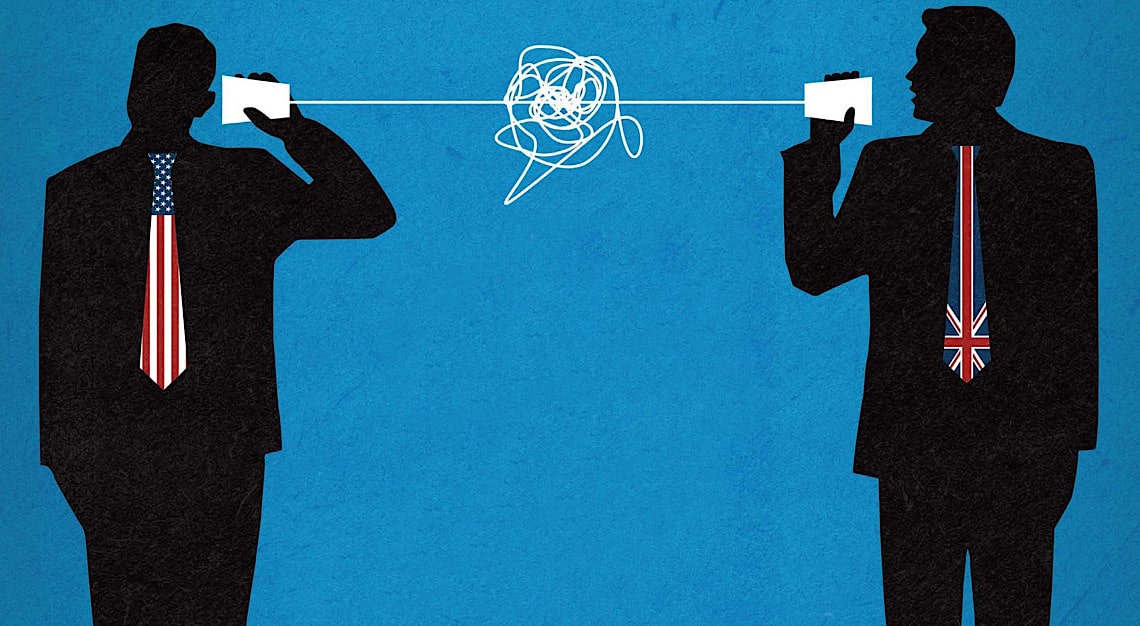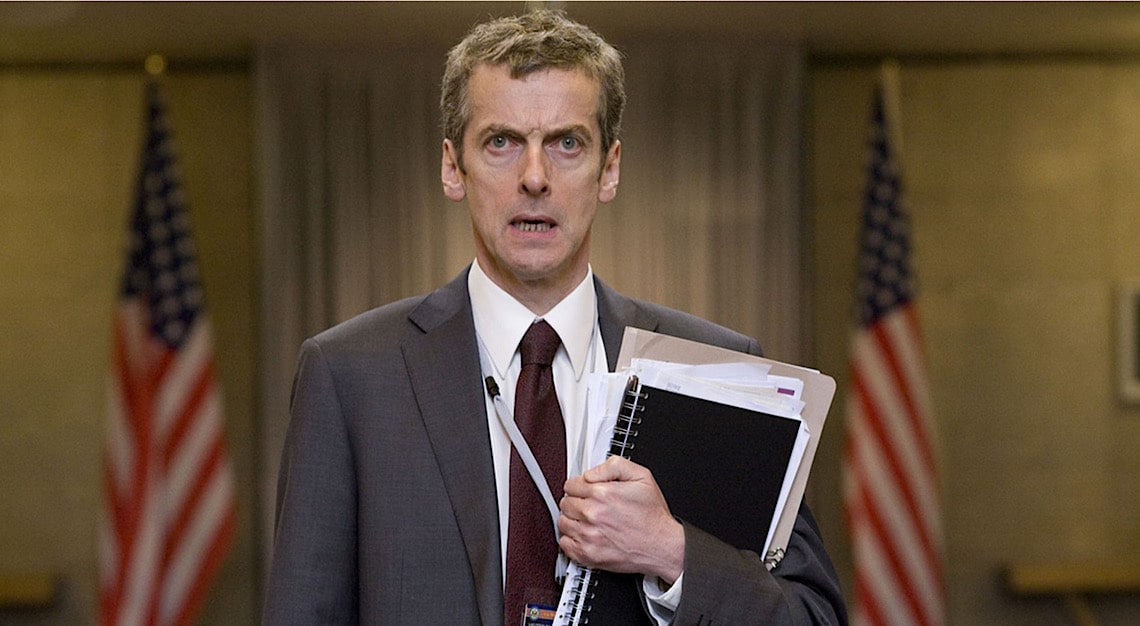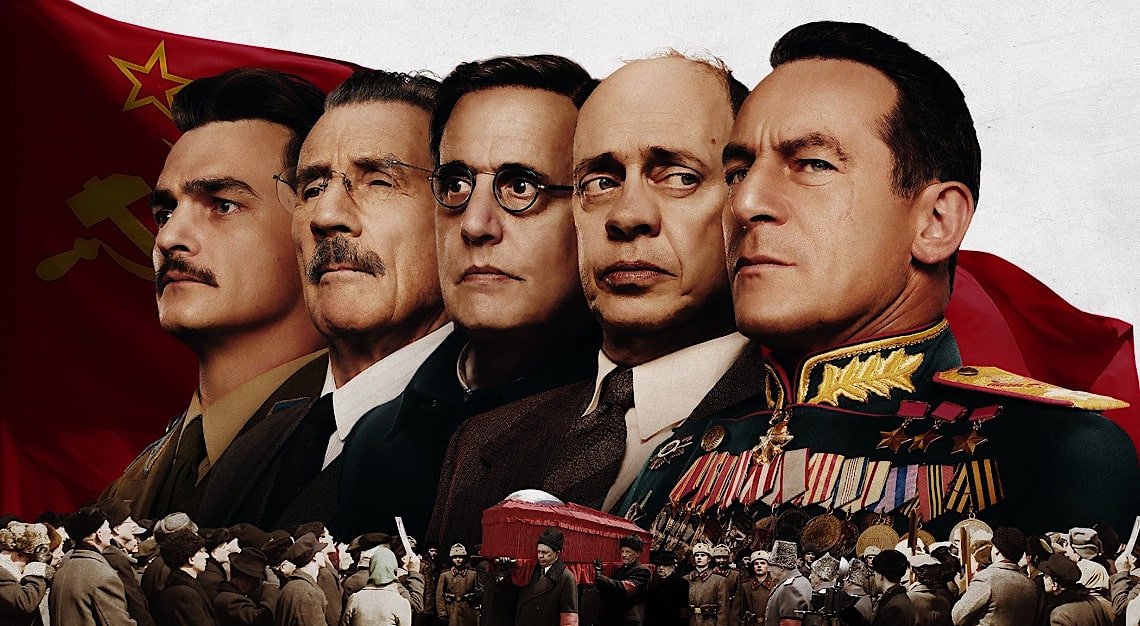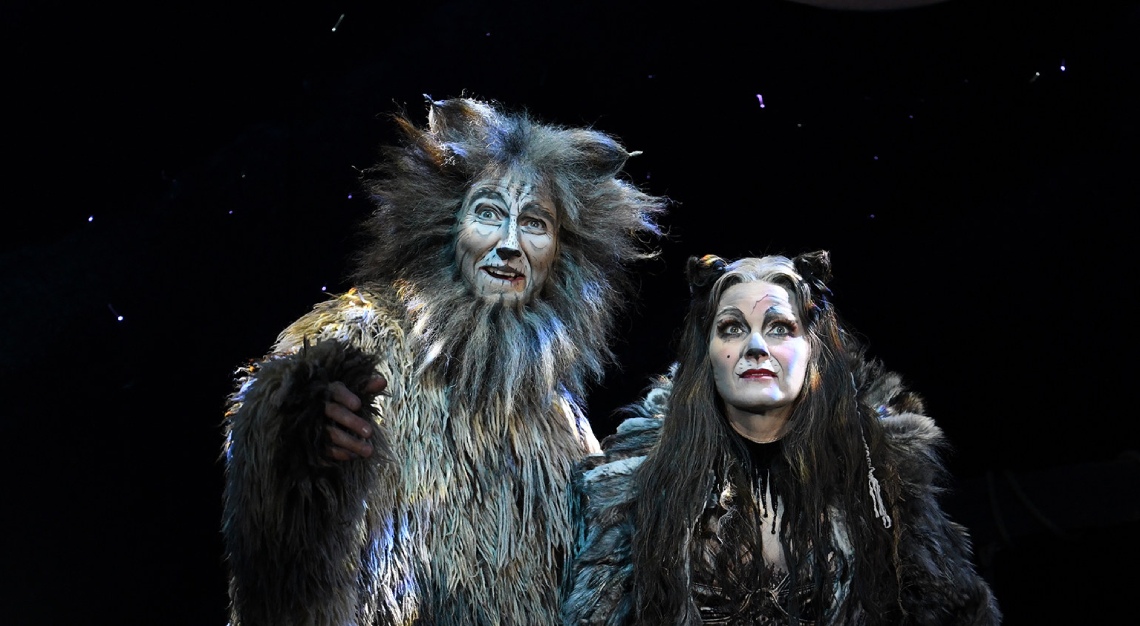Art imitates life when it comes to politics, but how far should it go? Watch the following films and be your own judge
Satire is a funny thing, literally and figuratively speaking. Exaggerating reality to the point of humour is an art that comedians have honed for centuries. On the heels of the farce of Amy Coney Barrett’s appointment into the Supreme Court merely weeks after the passing of Ruth Bader Ginsburg (may her memory be a blessing) comes the US Presidential election, and the media circus surrounding it. Has art mocked life so much that life has, in retaliation, begun to imitate its own distorted reflection? To that end, here are seven political satires from all around the world to drive home the universality of governmental tomfoolery. For those who’d like something a little more serious, we have got another list for you.

Benvenuto, Presidente! (Welcome Mr. President!, 2013)
What it’s about: Due to a series of mishaps, a fisherman becomes the president of Italy. Mayhem proceeds to ensue in this rags-to-riches story that’s been told before, as a mantle of greatness is thrust upon someone of lower, and unlikely standing. The underscoring of Italian culture infuses flavour in a movie trope that may feel a little used.
Why it’s relevant: Who doesn’t love a relatable political figure? Alexandria Ocasio-Cortez, US representative for New York’s 14th district, recently went viral when she live-streamed the hit game Among Us on Twitch. Then there’s the well-loved Jacinda Arden who scored a landslide victory earlier this month. We need more of such leaders – who are approachable, charismatic and accessible – in the world.


Er Ist Wieder Da (Look Who’s Back, 2015)
What it’s about: What would Hitler do if he came back? And what would we (or in this specific instance, Germany) do? Through a scripted storyline interspersed with unscripted dialogues with actual people on the streets, Er Ist Wieder Da delivers a film that begins light-hearted and farcical enough, but maintains a perceptive undercurrent that slowly reveals itself. The movie – an adaptation of Look Who’s Back by author Timur Vermes – ends with a chilling realisation that fits right in with the year that has been 2020.
Why it’s relevant: Not only are the Nazis back (this time finding a place in the US), but sentiments of a similar vein are still found in Germany. Oliver Masucci, in his persona as the Führer, gives interviews in real time to people who sympathise with Adolf Hitler. The reactions of the people to the once-dictator of Germany are very surprising, to say the least.


In The Loop (2009)
What it’s about: A spin-off of the hit BBC series The Thick of It, In The Loop takes on UK-US politics, subtly highlighting the difference between the citizens in both nations, and how they treat each other. The critically acclaimed film explores the treatment of the Iraq invasion by these politicians who reduce the enormity of war to casual remarks and red-tape documentation in an office setting.
Why it’s relevant: Even in 2020, significant decisions of public health and safety are still being made in boardrooms by people who seem to be removed from the goings-on of the general public. The recent pandemic has certainly shown the speed at which governmental bodies around the world can deal with crises. There’s no one way of governing a country, but it serves as a reminder that at its core, the government should be for the people.

La Dictadura Perfecta (The Perfect Dictatorship, 2014)
What it’s about: In a meeting with Joe Biden when he was vice president, the Mexican president makes a statement that ends up going viral on the international front. As a result, the Mexican government hires Television Mexicana, the biggest television corporation in Mexico, to divert the attention of the public by exposing a scandal of governor Vargas. In a desperate attempt to regain his popularity, Vargas hires the same network that brought him down to rework his image and present him as a president elect.
Why it’s relevant: This plot of the movie was based on the actual 2012 Presidential Election in Mexico. Citizens were reportedly concerned that Televisa station – of which Television Mexicana is loosely based) – heavily favoured Enrique Peña Nieto, the candidate representing Puerto Rico. The power play between the government and media is clearly stronger than ever, and this film exemplifies the intricacies of that dynamic.

The Death of Stalin (2017)
What it’s about: This black comedy performed by a pantheon of veteran actors retells the story of Joseph Stalin’s death, and the little power plays by his cabinet to take his place. This film is a comedic masterpiece that could only have been pulled off by a creative team and cast who are extremely well-versed in their various crafts. A dry atmosphere of desensitized violence is rampant throughout the movie, expertly wrought by director Armando Iannucci, as he gives a cheeky nod to the realities of the Soviet era in a dark comedic way.
Why it’s relevant: Scenes of the KGB randomly pulling people off the streets are a little triggering, as recent reports of police in the US grabbing people off the streets and into unmarked vans have been circulating the Internet and social media. It is also painfully tragic to see how petty squabbles, by no more than 10 men, have a direct effect on hundreds of thousands of people. There is some bleak truth in that, and the powerless can do nothing but laugh at the absurdity of it.

The Dictator (2012)
What it’s about: Admiral-General Haffaz Aladeen rules the Republic of Wadiya with a juvenile, sexist, racist fist. Played superbly by Sasha Baron Cohen of Borat and Bruno fame, Aladeen takes a trip to the US, only to be thrown into bedlam as an attempted kidnapping goes wrong. Will the Land of the Free make any impact on the self-absorbed Dictator?
Why it’s relevant: As zany and outrageous this movie may be, the ending really gets you thinking about what democracy is at its core. Those in power will always find ways and means to stay in power, or ensure that they continue to rule, even through a figurehead. A speech that Aladeen makes near the end of the film on the virtues of dictatorship actually parallels the format of governance in a lot of countries, regardless of political station. Food for thought.

The Interview (2014)
What it’s about: Talk-show host Dave Skylark gets a once-in-a-lifetime opportunity to interview North Korean leader Kim Jong Un. What follows is a film filled with slapstick humour, bawdy jokes and titillating actresses, typical of a Seth Rogen-James Franco partnership. If you’re looking for a meaningful, intelligent, in-depth look into the psyche of an infamous dictator, look elsewhere. The creators of this movie know their target audience and exploit that fact, in all manners of speaking.
Why it’s relevant: North Korea was expectedly unhappy about the release of The Interview, and reportedly threatened action against the US if the movie were to be released to the public. After a series of edits to make it more palatable – and less offensive – to the Republic, Sony was hacked by a group that threatened terrorist attacks if the movie were shown in movie theaters. As a result, major theaters declined to show the film, leading Sony to limit its release to select theaters and online streaming services. As far as entertainment is concerned, this sparks the question: does art have to always be racially, politically and culturally sensitive? And where does the line get drawn?






